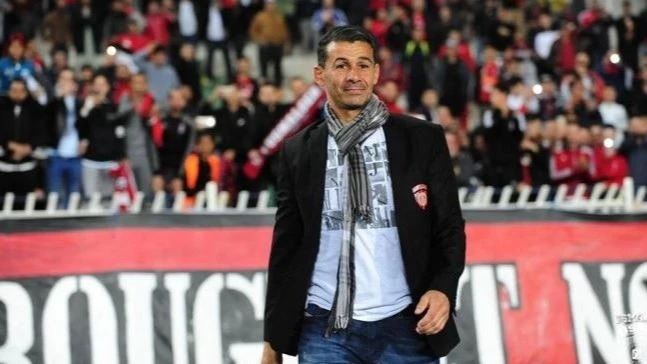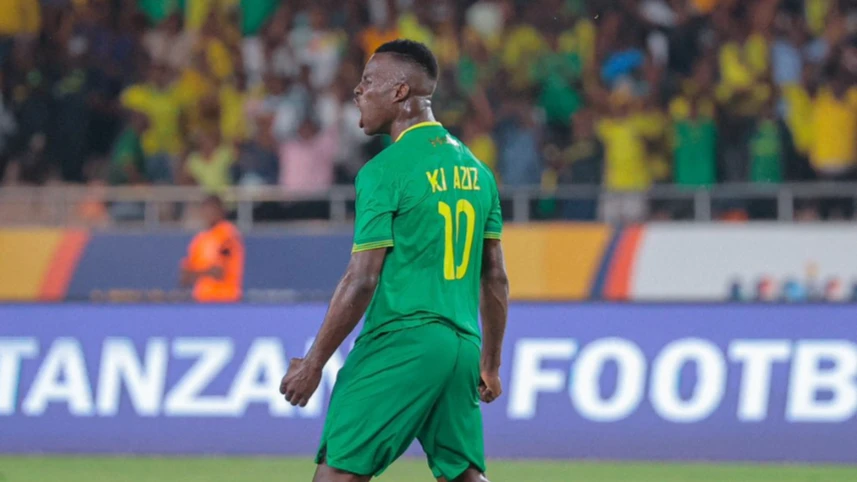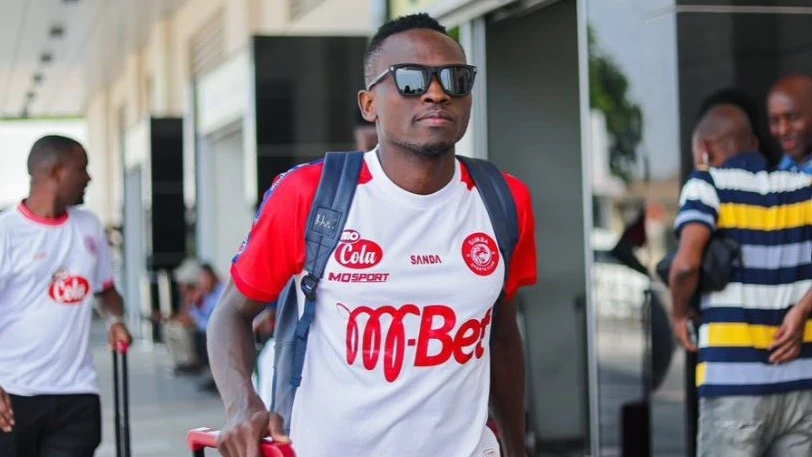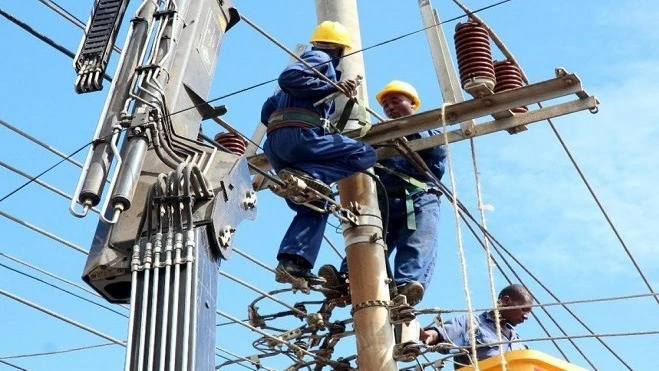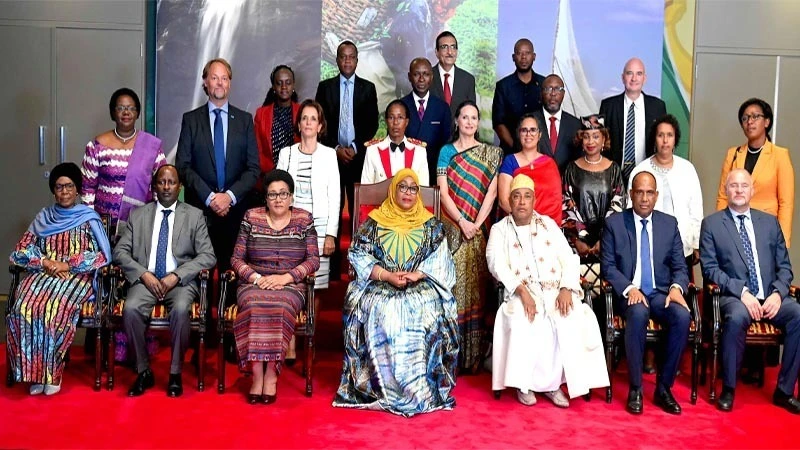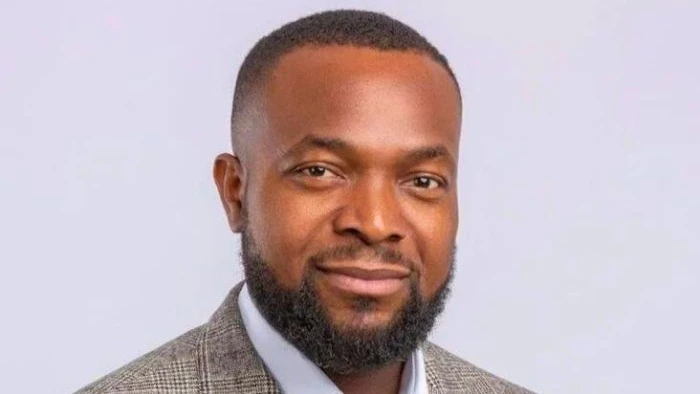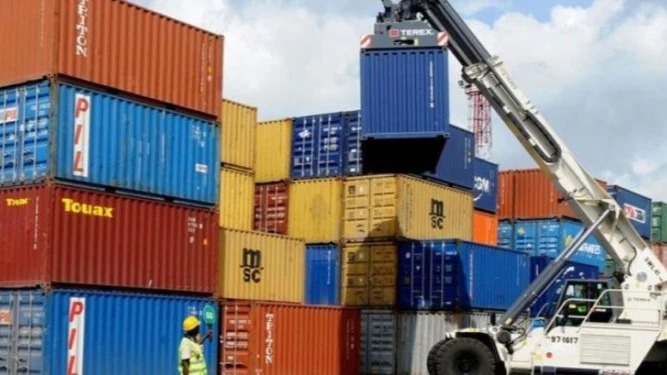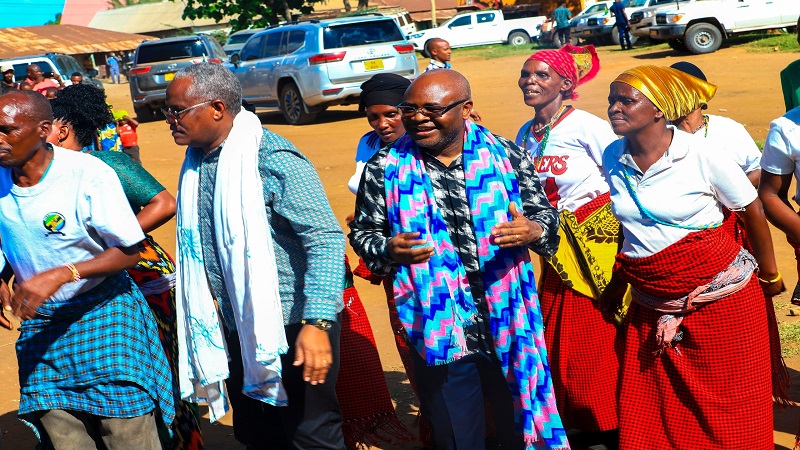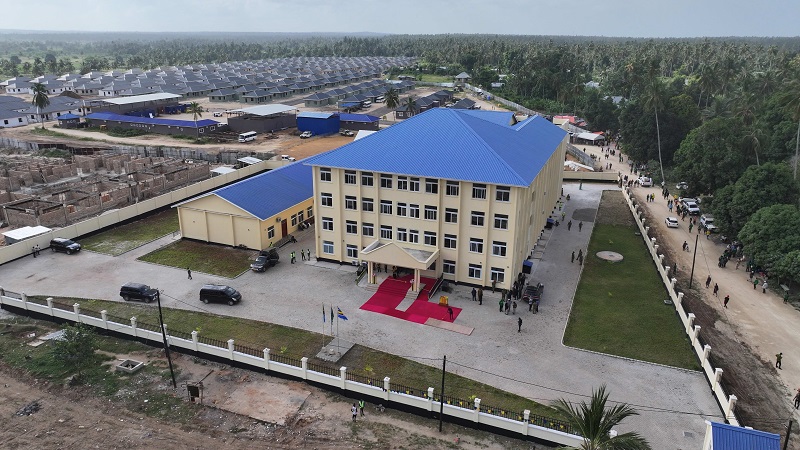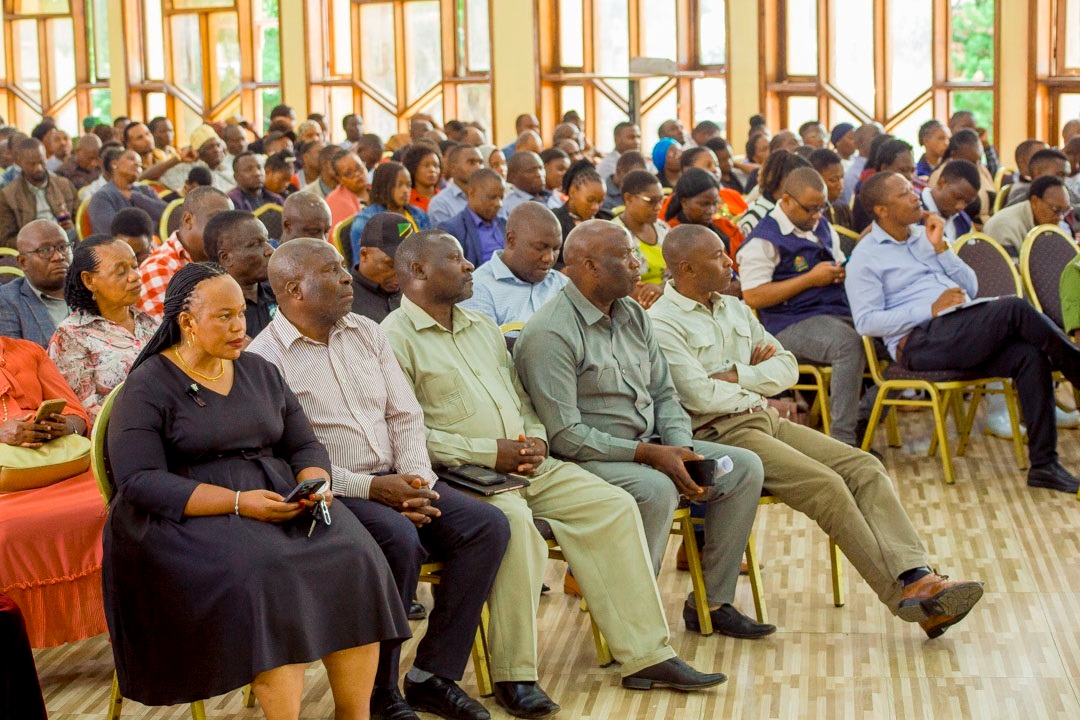Unrest in Mozambique sparks violence, threatening regional stability
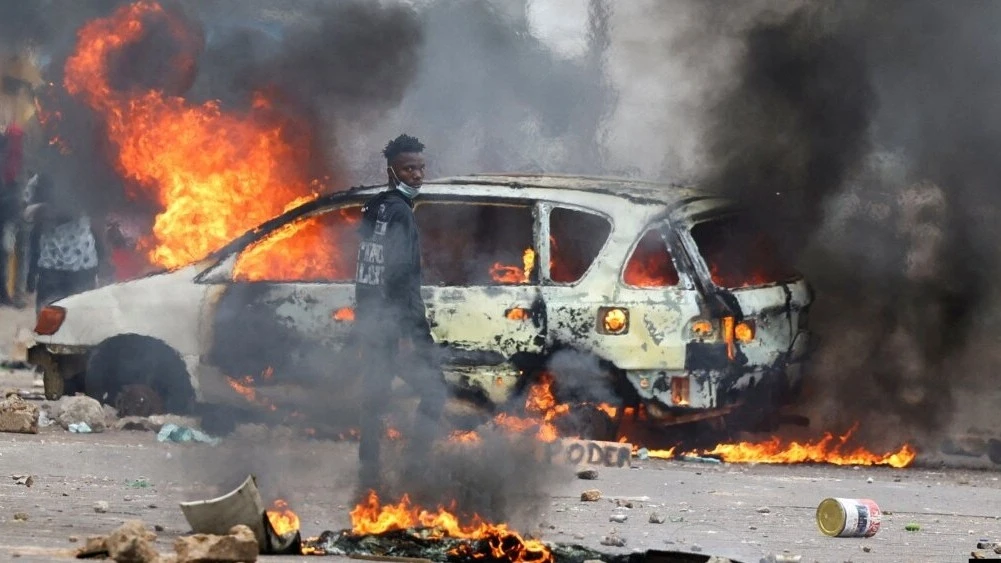
MOZAMBIQUE stands at a dangerous crossroads, a nation grappling with fiery street protests, mounting distrust in leadership, and a fractured society.
What began as an electoral dispute has escalated into one of the gravest crises the country has faced since the end of its brutal civil war 32 years ago.
For many Mozambicans, this moment is not just about a contested presidential election—it’s about years of disillusionment boiling over into rage.
Since December 23, when Mozambique’s top court upheld the contentious victory of Frelimo candidate Daniel Chapo, violence has spread like wildfire.
Protesters claim the election was stolen, and opposition leader Venâncio Mondlane has declared himself the true victor.
At least 125 lives have been lost in just over a week of demonstrations, pushing the death toll to 252 since October’s elections.
As the flames of rebellion engulf cities and villages, international observers and neighboring countries watch with alarm, fearing Mozambique's instability could ripple across the southern African region.
“This is not a typical protest—it’s a cry of desperation,” said Tanzanian opposition leader Zitto Kabwe during a recent interview on UTV. “Mozambique is now a litmus test for democracy in Africa. The region must intervene before it’s too late.”
To understand the current crisis, one must look beyond the December court ruling. For decades, Frelimo, Mozambique’s ruling party since independence in 1975, has been plagued by allegations of corruption, electoral fraud, and authoritarian tendencies.
Public anger reached a breaking point following revelations of a $2 billion debt scandal that nearly collapsed the economy and defrauded international investors.
This, combined with growing poverty, unemployment, and a perception that Frelimo elites were enriching themselves at the expense of ordinary citizens, created fertile ground for unrest.
“People feel betrayed,” said Ibrahim Rahbi, a Tanzanian political analyst, during a UTV panel discussion. “Mozambique’s democracy was already on shaky ground, but this election pushed it over the edge. The public no longer trusts the process or the institutions behind it.”
Frelimo’s candidate, Daniel Chapo, was declared the winner with 65% of the vote, a result met with widespread skepticism.
Independent election observers reported significant irregularities, including voter suppression, ballot tampering, and intimidation.
Mondlane, who finished second with 24%, galvanized the nation’s youth by presenting himself as the face of change. His rejection of the results and fiery rhetoric have fueled the unrest, though some analysts warn that his uncompromising stance could worsen the situation.
“Electoral fraud might have been the spark, but years of systemic issues are the real fuel,” said Mussa Lugete, a commentator from Tanzania’s Ununio suburb. “This is about a generation that feels robbed of its future.”
The fallout has been catastrophic. Across Mozambique, protesters have set up burning barricades, looted buildings, and clashed violently with police and military forces.
Entire neighborhoods in Maputo, Beira, and other cities resemble war zones, with plumes of smoke rising from makeshift roadblocks.
In some areas, mobs have erected pay-to-pass checkpoints, forcing drivers to cough up cash to move through streets under their control.
Adding to the chaos, hundreds of prisoners escaped from detention centers amid the unrest. The growing lawlessness has led some observers to describe the situation as a "social revolt" rather than a political protest.
“It’s as if the entire system is breaking down,” said a human rights activist in Maputo. “People feel they have nothing to lose.”
The violence has taken a heavy toll on civilians, with reports of indiscriminate shootings by security forces. Mondlane’s supporters accuse the government of using excessive force to suppress dissent, while the authorities argue they are trying to restore order.
The situation remains volatile, with fears that the violence will intensify as Chapo’s January 15 inauguration date approaches.
Mondlane, who has fled Mozambique citing threats to his life, has refused to recognize Chapo’s victory.
He has laid out a series of demands, including overhauling the country’s electoral commission, penalizing those involved in election fraud, and instituting reforms to reduce political interference in state institutions.
However, his refusal to participate in dialogue without guarantees of safety has stalled efforts to resolve the crisis.
Mondlane’s stance has garnered both praise and criticism. While many see him as a symbol of resistance against Frelimo’s dominance, others worry that his hardline approach could deepen divisions.
Two of his aides were fatally shot after the election, further fueling fears for his safety and adding to the tension.
“Dialogue is the only way forward,” said Kabwe. “Mozambique has to return to the negotiating table, just as it did after the civil war. But this time, the talks must address the root causes of the crisis, not just the symptoms.”
The international community has been slow to respond, leaving many Mozambicans deeply frustrated. Analysts argue that regional bodies such as the Southern African Development Community (SADC) should play a central role in mediating talks between the opposing factions. However, SADC’s inconsistent and often ineffective handling of political crises in member states has drawn sharp criticism.
Hannah Danzinger da Silva, Mozambique director for Search for Common Ground, warned that ignoring the crisis could have devastating regional implications. “This isn’t just about Mozambique. It’s about preventing a domino effect that destabilizes southern Africa as a whole,” she said.
Mozambique’s neighbors, particularly South Africa and Tanzania, are under increasing pressure to act. “This instability doesn’t recognize borders,” noted Danzinger da Silva. “It’s about trade, security, migration, and human lives. Regional leaders cannot afford to stay on the sidelines any longer.”
The consequences of Mozambique’s turmoil stretch far beyond its borders. As a key gateway linking southern Africa to global markets, the country’s strategic importance cannot be overstated. Its offshore natural gas reserves—among the largest in the world—have drawn billions of dollars in foreign investment, but the escalating violence threatens to unravel years of economic progress.
Moreover, the country’s battle against an Islamic State-linked insurgency in its northern Cabo Delgado province remains a pressing concern. The unrest risks providing terrorist groups with the chaos they need to expand their foothold, alarming Western powers that have invested in containing extremism in the region.
Teodoro Waty, a member of Frelimo’s top decision-making body, emphasized the urgency of reconciliation. “We need immediate reforms, starting with making electoral institutions transparent and credible,” Waty said. “The people of Mozambique need to know their voices matter, or this cycle of distrust will never end.”
While some have floated the idea of a unity government that would include opposition figures, such proposals have met stiff resistance from Frelimo loyalists. Others argue that significant electoral reforms and an independent investigation into the election are essential to restoring public trust.
But time is running out. As the January 15 inauguration date for Daniel Chapo approaches, the tension in Mozambique’s streets is palpable. Protesters have vowed to intensify their demonstrations, and fears of even deadlier clashes loom large.
“This is about more than the presidency,” said Danzinger da Silva. “It’s about rebuilding a nation’s soul after years of disillusionment.”
Waty agreed, underscoring the fragility of the current moment. “Without reconciliation, Mozambique risks tearing itself apart. We need to rise above party lines and power struggles to save our country.”
As the world watches, Mozambique teeters on the edge, its cries for justice growing louder by the day. Whether its leaders can prioritize reconciliation over division—and whether the international community will step in to support peace—remains to be seen. For now, the streets remain volatile, and the future hangs precariously in the balance.
Top Headlines
© 2025 IPPMEDIA.COM. ALL RIGHTS RESERVED











